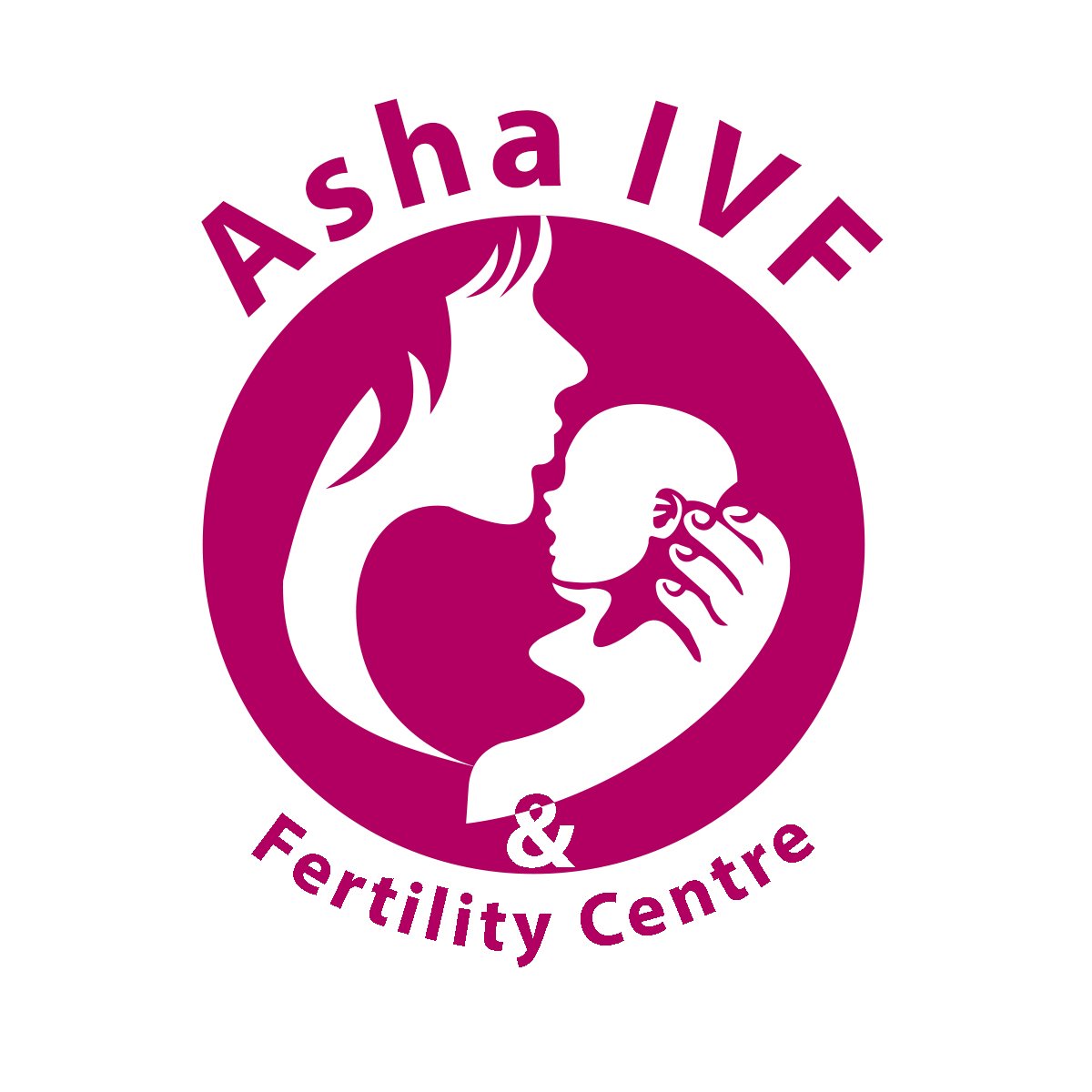In vitro fertilization (IVF) has provided hope to countless couples struggling with infertility. Despite its success, IVF does not always result in a successful pregnancy. Understanding the reasons behind IVF failure can help patients and medical professionals approach the process with more excellent knowledge and preparedness.
1. Embryo Quality
The quality of the embryos plays a crucial role in the success of IVF. Factors affecting embryo quality include:
- Genetic Abnormalities: Chromosomal abnormalities can prevent an embryo from developing correctly or implanting in the uterus.
- Developmental Issues: Embryos that do not develop as expected in the early stages may fail to implant.
2. Egg Quality
The quality of a woman’s eggs declines with age. Older eggs are more likely to have chromosomal abnormalities, leading to lower chances of fertilization and successful implantation. Factors influencing egg quality include:
- Age: Women over 35 have a significant decline in egg quality.
- Health Conditions: Conditions like polycystic ovary syndrome (PCOS) can affect egg quality.
3. Sperm Quality
Male factor infertility can contribute to IVF failure. Poor sperm quality can result from:
- Low Sperm Count: Insufficient sperm numbers reduce the chances of successful fertilization.
- Poor Sperm Motility: Sperm that cannot move properly may struggle to reach and fertilize the egg.
- Abnormal Sperm Morphology: Irregularly shaped sperm may not fertilize an egg effectively.
4. Uterine Factors
The uterine environment must be optimal for embryo implantation and development. Issues that can affect this include:
- Endometrial Thickness: A too thin or too-thick lining can prevent implantation.
- Uterine Abnormalities: Conditions such as fibroids, polyps, or scar tissue can hinder embryo implantation.
- Endometriosis: This condition can affect the uterine environment and interfere with implantation.
5. Hormonal Imbalances
Proper hormonal balance is essential for a successful IVF cycle. Hormonal imbalances can disrupt the process, including:
- Progesterone Levels: Insufficient progesterone can prevent the uterine lining from supporting implantation.
- Thyroid Disorders: Thyroid imbalances can affect overall reproductive health and IVF outcomes.
6. Lifestyle Factors
Confident lifestyle choices and health conditions can impact IVF success rates, such as:
- Smoking: Reduces both egg and sperm quality.
- Alcohol Consumption Can negatively affect reproductive health.
- Obesity: Linked to hormonal imbalances and poor reproductive outcomes.
- Stress: High-stress levels may interfere with hormonal balance and overall reproductive health.
7. Laboratory Conditions
The success of IVF can also be influenced by the conditions in which the embryos are cultured. Factors include:
- Laboratory Standards: High standards for cleanliness and technology can improve success rates.
- Embryo Handling: Proper handling and care during embryo culture are crucial.
8. Immune System Factors
Some women’s immune systems may react against the embryo, preventing implantation. Conditions such as antiphospholipid syndrome (APS) can cause the body to reject the embryo.
9. Unknown Factors
Despite advances in reproductive medicine, there are still cases where the reasons for IVF failure remain unknown. Continued research aims to uncover these elusive factors.
Conclusion
IVF failure can be a complex and multifaceted issue. Understanding the potential causes helps in addressing them more effectively. For couples experiencing repeated IVF failure, it is essential to consult with fertility specialists Dr. Astha Chakravarty to explore and address the underlying issues. Advances in technology and ongoing research continue to improve our understanding and success rates, offering hope to those on their fertility journey.
Asha IVF & fertility Centre – The Light to Parenthood.
Asha IVF & Fertility Centre is the premier IVF centre, renowned for its high success rates and comprehensive fertility care. At Asha IVF, the chances of IVF failure are significantly reduced due to the clinic’s state-of-the-art facilities, advanced technology, and a team of highly skilled fertility specialists. The centre offers personalized treatment plans tailored to each patient’s unique needs, ensuring the highest standards of care and support throughout the IVF process. With rigorous protocols for embryo selection, cutting-edge laboratory conditions, and a strong emphasis on patient education and lifestyle optimization, Asha IVF consistently achieves outstanding outcomes, making it the top choice for couples seeking successful fertility treatments.
Dr. Astha Chakravarty is widely acclaimed as the best IVF specialist, bringing exceptional expertise and compassion to her practice. With extensive training and experience in reproductive medicine, Dr. Astha Chakravarty has a proven track record of helping countless couples achieve their dream of parenthood. Her meticulous approach, combined with a deep understanding of the latest advancements in fertility treatments, ensures personalized and effective care for each patient. Dr. Astha Chakravarty’s commitment to excellence and patient-centric philosophy has earned her numerous accolades and a reputation for outstanding success rates. Her dedication to staying at the forefront of reproductive health innovations and her empathetic demeanor make her a trusted and sought-after specialist in the field of IVF.

